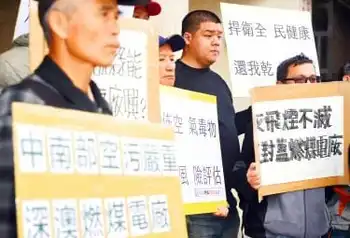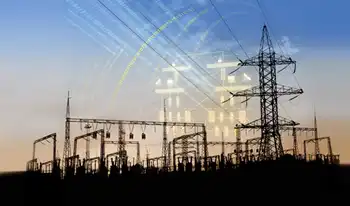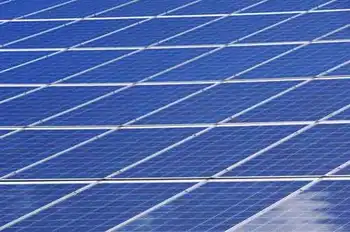Carbon tax seen as best way to slow global warming
By Reuters
High Voltage Maintenance Training Online
Our customized live online or in‑person group training can be delivered to your staff at your location.

- Live Online
- 12 hours Instructor-led
- Group Training Available
Cap and trade has emerged as the dominant attempt to slow global warming. Global deals in permits to emit greenhouse gas emissions have hit nearly $65 billion a year. The European Union, under the Kyoto Protocol, has embraced cap and trade since 2005 and voluntary markets have developed in the United States, the developed world's top carbon polluter.
But a straight carbon tax on energy production — at an oil wellhead or refinery for instance — would be simpler and cheaper than putting a cap on tens of thousands of polluters, Jeffrey Sachs, a special advisor to the U.N. secretary general and director of the Earth Institute at Columbia University told a panel.
As the world prepares to form a successor agreement to the Kyoto Protocol by the end of next year, focus is sharpening on how well cap and trade markets are fighting emissions.
Carbon taxes would quickly cut emissions across all sectors of the economy, including vehicles and manufacturing, said Sachs. It could also be more efficient than spreading the trade of permits across the financial system.
"Having a lot of people engineer financial instruments for carbon when there are much more direct ways to do this strikes me as not really a great investment," Sachs said.
"I'm also not so keen on sending our best and brightest off to do more financial engineering," he said. "I think the kind of (financial) meltdown we have right is a little bit of an example of how we've taken a generation of young people and put them in tasks that don't really solve social problems."
Yvo de Boer, the U.N. climate chief, told the panel he doubted voters in the United States and other countries would accept new taxes.
Sachs admitted that the United States is "neurotic" about new taxes, but said they would be the best way to fund research and development and subsidies for big low-carbon energy projects such as nuclear plants and transmission systems to bring solar power from the Southwest and wind power from the Great Plains states to cities on the coasts.
Sachs criticized one of the mainstays of climate trade that has developed in the European Union. Under the Kyoto Protocol the Clean Development Mechanism allows rich countries to offset their carbon footprints by investing in clean energy projects like small wind farms or hydroelectric dams in developing countries.
"Things like the CDM are just unfortunately very marginal small tools that aren't going to change the broad framework of how energy is produced and how technology is developed and distributed," said Sachs.
De Boer said the CDM has met its goals but that a range of tools could be developed to improve it. Investments could be widened, for instance, to improve whole sectors of developing countries, such as mass transit systems in large cities.











